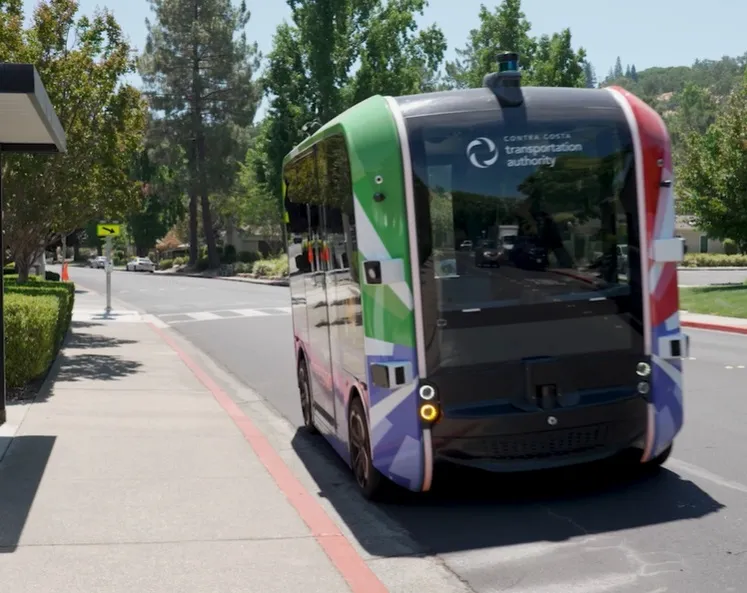Following similar demonstrations in other European cities such as Lausanne (Switzerland), La Rochelle (France) and Trikala (Greece), the European Commission (EC) has selected Donostia/San Sebastian, Spain, to operate an automated bus for three months, that will run Gipuzkoa Science and Technology Park and it will be the first demonstration not only in Euskadi but also in Spain.
The selection is part of the CityMobil2 European project, the objective of which is to experiment and to understand how automate
February 15, 2016
Read time: 2 mins
Following similar demonstrations in other European cities such as Lausanne (Switzerland), La Rochelle (France) and Trikala (Greece), the European Commission (EC) has selected Donostia/San Sebastian, Spain, to operate an automated bus for three months, that will run Gipuzkoa Science and Technology Park and it will be the first demonstration not only in Euskadi but also in Spain.
The selection is part of the CityMobil2 European project, the objective of which is to experiment and to understand how automated vehicles can be integrated into urban environments and in realistic situations.
The electric automated vehicle, with capacity for 12 people, will offer a last-mile mode transport service to businesses within the park, thus connecting the automated buses with the conventional urban public transport system, which currently only goes as far as the edge of the Park. The CityMobil2 demonstration is planned to begin in Donostia–San Sebastián in spring this year and will run at the Gipuzkoa Science and Technology Park until the end of June.
Novadays Consultancy and Tecnalia, a Centre for Research and Innovation, are project leaders in Spain; they have promoted the candidacy of Gipuzkoa Science and Technology Park to pilot the initiative due to its environment and complete equipment with the necessary resources to operate an advanced transport system.
The selection is part of the CityMobil2 European project, the objective of which is to experiment and to understand how automated vehicles can be integrated into urban environments and in realistic situations.
The electric automated vehicle, with capacity for 12 people, will offer a last-mile mode transport service to businesses within the park, thus connecting the automated buses with the conventional urban public transport system, which currently only goes as far as the edge of the Park. The CityMobil2 demonstration is planned to begin in Donostia–San Sebastián in spring this year and will run at the Gipuzkoa Science and Technology Park until the end of June.
Novadays Consultancy and Tecnalia, a Centre for Research and Innovation, are project leaders in Spain; they have promoted the candidacy of Gipuzkoa Science and Technology Park to pilot the initiative due to its environment and complete equipment with the necessary resources to operate an advanced transport system.










